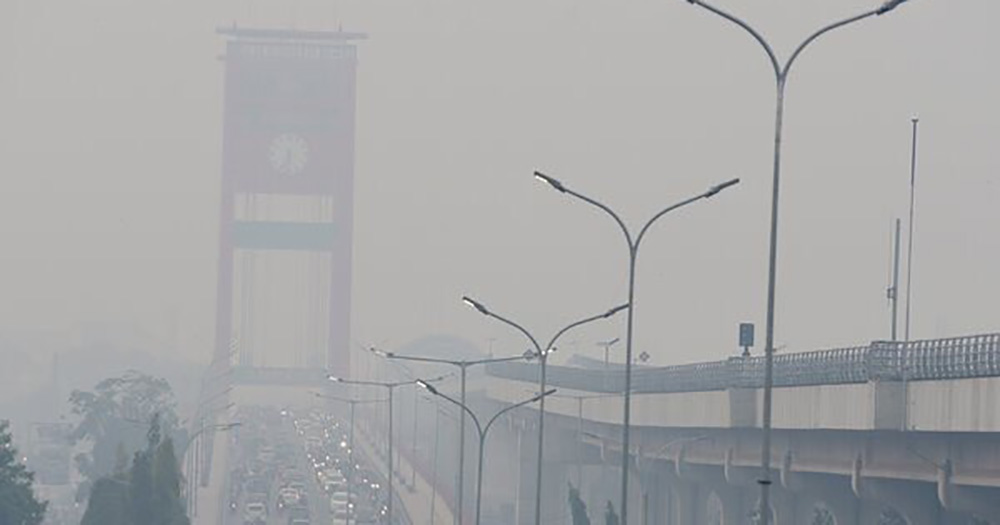As the dry season in Indonesia is well underway, which typically starts in April, there have been mounting fears that the subsequent haze will exacerbate the Covid-19 situation.
Haze increases risk of Covid-19
Bloomberg reported that over 800 hotspots and 119 forest fires were detected at the start of the dry season.
The annual haze and resulting air pollution already sickens many, especially the elderly and children who are more vulnerable.
Now, this phenomenon could intensify the respiratory symptoms of Covid-19 patients.
Considering the history of respiratory ailments suffered by those due to the haze, these groups are also at greater risk of contracting Covid-19.
Several experts have also said that there are correlations between air pollution and increased mortality from Covid-19, one of whom is Budi Haryanto, a researcher on climate change and environmental health at the University of Indonesia.
As reported by Mongabay, Budi cited a Denmark study that showed that in industrialised areas in Italy with increased air pollution, Covid-19 mortality rates were 7.5 per cent higher than the average in the rest of the country.
As of May 26, 415 new cases of Covid-19 were reported, bringing the total number of reported cases to 23,165.
There have been 1,418 deaths and 5,877 recoveries.
Could lead to shortage in N95 masks
A recurrence of haze this year can have other impacts apart from impacting human health.
Wiendra Waworuntu, communicable disease prevention and control director at Indonesia’s health ministry, said that it could result in a shortage of N95 masks for frontline workers fighting the virus.
Normal surgical masks are ineffective to ward off PM2.5 particles in the haze.
Waworuntu said the Indonesian government should prepare large evacuation rooms with air purifiers to house Covid-19 patients.
They should also take steps such as weather modification and cloud seeding to prevent the outbreak of fires.
Funding cuts to environment ministry
There are also fears that slash-and-burn methods of forest-clearing could intensify during the pandemic.
As government personnel are deployed to enforce the lockdown measures, this could deplete manpower resources required to keep an eye on illegal burning activities.
Additionally, funding has been diverted towards the health sector to tackle the virus outbreak, and concurrently, Indonesia's environment ministry has seen its 2020 budget cut by around 17 per cent, according to Reuters.
This fall in fiscal resources could limit the country's ability to tackle the haze outbreak when it finally arrives.
Top photo from @asriel1606 Twitter
If you like what you read, follow us on Facebook, Instagram, Twitter and Telegram to get the latest updates.
